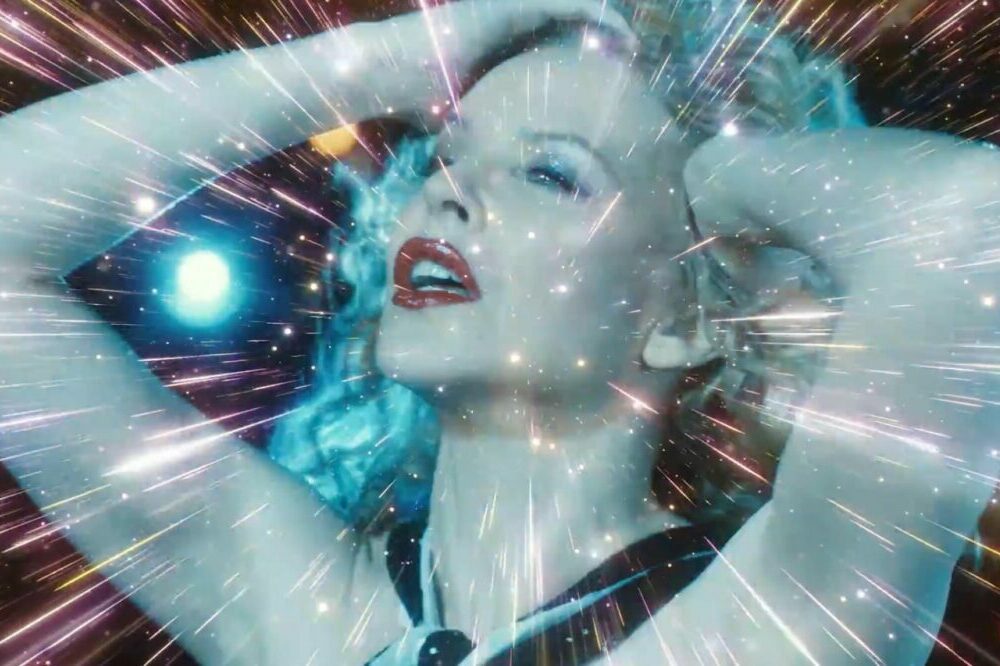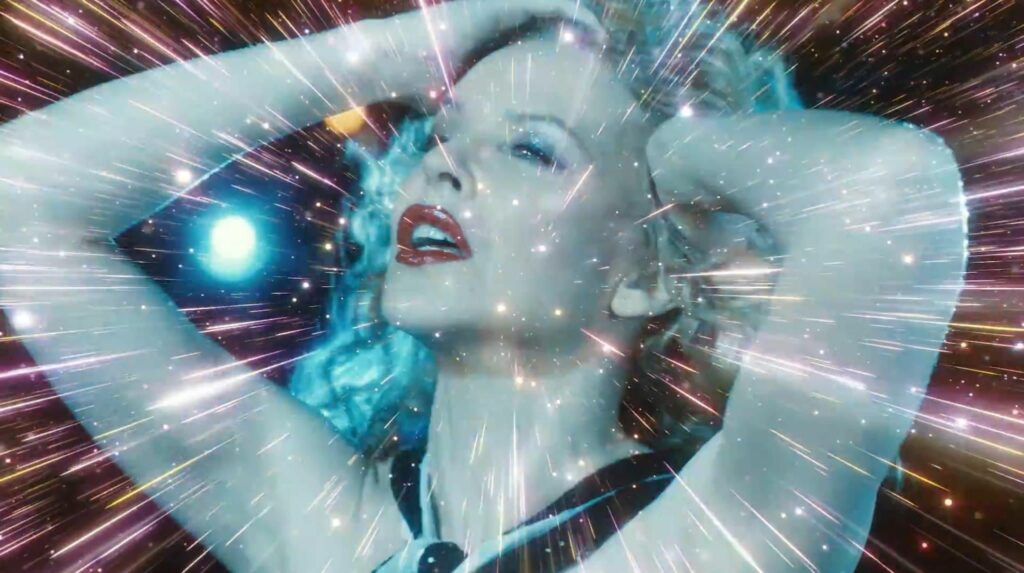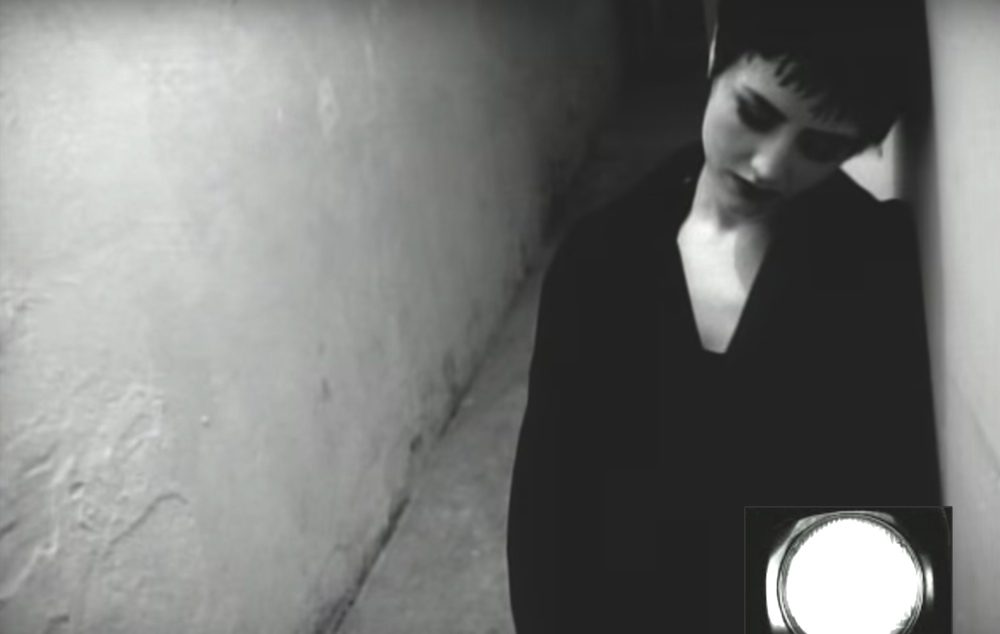

I don’t think I’ve ever listened to as much disco as I have in 2020. That’s saying a lot for someone whose regular listening habits include a decent dose of the dance floor singles of the 1970s and the many grooves that have spun off from it in the decades that follow.
This year was different, for reasons that really don’t need to be rehashed; in the nine months that have passed since the clubs closed, though, disco has motivated me on the treadmill and while I’ve hustled at my desk. It’s lured me down internet rabbit holes that have nothing to do with pandemics or U.S. elections. While there were plenty of nights where I was fueled by the catalogs of the Bee-Gees and Giorgio Moroder, most of what’s been on my stuck-at-home playlist is new. That’s the other thing about 2020; it’s been a really good year for disco, even if there’s nowhere to play it in public.
Kylie Minogue was the most upfront with her intentions. The Australian pop star titled her fifteenth studio album Disco. Much of the album was recorded at home during the lockdown. Knowing that makes the album a joyous gift to everyone who misses the days of balancing cocktails while squeezing through packed dance floors to club-hug your friends. We might wish that we could do this with “Magic” or “Say Something” playing in the background, but, for the time being, the album will play in full as we connect through text messages and video calls.
Róisín Murphy dropped her latest album, Róisín Machine, in October. At nearly an hour in length, it’s a dive into the sounds that have influenced the beloved singer throughout her life and career, even giving new perspective to pre-pandemic singles like “Incapable” and “Narcissus.” With a visual language that recalls punk and post-punk, Murphy gives a nod to the genre-blurring club culture of the early ’80s.
Jessie Ware drew from the late ’70s and early ’80s, often recalling the late, great Teena Marie on her fourth album, What’s Your Pleasure? Released in June, Ware gave fans a summer of jams so sticky that songs like “Step Into My Life,” “Ooh La La” and “Save a Kiss” could easily remain in your head the morning after you heard them, as if you had heard them while out on the town.
And then there’s Dua Lipa, whose hit album, Future Nostalgia was followed this summer by Club Future Nostalgia. Helmed by The Blessed Madonna and featuring contribution from Dimitri from Paris, Jacques Lu Cont and others, the remix album allowed fans to bring the discotheque into their homes.
In a year of virtual crate digging through sources like Bandcamp, Beatport and Traxsource, I’ve been filling carts and making wish lists with releases from labels like Midnight Riot, based in London, and Glitterbeat, from Hamburg. The latter released Migrant Birds, an homage to Middle Eastern disco from TootArd that’s become one of my favorite albums of the year. Partyfine, founded by French DJ/producer Yuksek, is another one of my go-to labels in 2020. Yuksek’s own full-length, Nosso Ritmo, is packed with goodies, particularly “G.F.Y.,” which features Queen Rose on vocals and sums up the encounters with creepy, overeager club guys that I definitely haven’t missed this year. Partyfine also released “Gang,” from French musician Anoraak with Sarah Maison on vocals, a cut with such a fierce, early ’80s vibe that it became a personal obsession. I’ve also been collecting tunes from producers/remixers like Hotmood and Monsieur Van Pratt, both from Mexico, and Ladies on Mars, from Argentina, who all have a great sense for balancing classic and modern dance music.
I’m using disco here in the broadest sense of the word. Khruangbin usually gets the psychedelic tag, but “Time (You and I),” from their album Mordechai, is disco. U.S. Girls is known more for indie pop, but “Overtime,” from her 2020 album Heavy Light, is a stomper in the vein of northern soul that became 100% disco when Alex Frankel of Holy Ghost! remixed it. Then there’s The Diabolical Liberties, who released their debut full-length High Protection & the Sportswear Mystics this year. The album is filled with funky, dubby punk, not unlike what bands like Gang of Four and The Clash did 40 years ago. Ultraflex, an Icelandic/Norwegian duo who released their debut album, Visions of Ultraflex, this year, look more towards the synth-heavy dance music of the ’80s, but that’s totally disco too.
Sometime during the summer, thanks to a compilation from Berlin label Toy Tonics, I was turned on to Phenomenal Handclap Band. They’ve been around in various forms for years – I’m embarrassed to say that I hadn’t heard them until now – but they also dropped the album PHB in May. This was exactly the music that I had been craving, from the psychedelic funk of “Skyline” and “The Healer” to the new wave-ish “Do What You Like” and Italo-leaning “Riot” to the gospel-tinged “Judge Not.” It’s disco at its most eclectic. PHB became part of this year’s listening habits and I was excited to hear them guest on Love and Dancing, the debut from U.K. DJ crew Horse Meat Disco.
All this, though, is just scratching the surface. There is so much in this year’s treasure trove of music, from Scissor Sisters singer Jake Shears channeling Sylvester on “Meltdown” to The Shapeshifters teaming up with actor Billy Porter for “Finally Ready” to Sophie Ellis-Bextor’s cover of early ’00s Eurodisco hit “Crying at the Discotheque.”
Not all of this music came about as a result of the COVID-19 pandemic. Some were released before mid-March. Others may have been in-the-works, or fully recorded, before lockdown. However, their release in 2020 has made the year at home a little more bearable.




